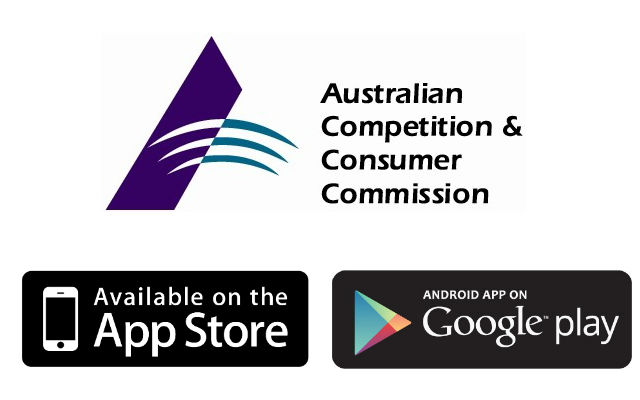
With Freemium based games getting ever more popular with developers as a good source of income, the potential danger with young children is that they can unknowingly rack up huge amounts of debt with very little to stop them.
The rise and rise of freemium based games that are aimed at children is being noticed on a global front and the Australian Competition and Consumer commission(ACCC) has today announced that they, along with 50 agencies globally, have started ‘engagement with platform operators’ such as Google with their Play store and Apple with their iOS App store to improve education and protection for consumers when using Freemium apps.
In a statement, ACCC Deputy Chair Delia Rickard said
Consumers need to be aware that ‘free’ may not mean free. Games and apps in the ‘free’ area of an online store may be free to download but attract costs for in-app purchases. Some of these apps are marketed for children, who do not connect the game they are playing with spending their parent’s money in the real world.
While app stores, including Google Play often require a password to purchase a game or app, the in-app purchases often required to extend gameplay time or progress can be purchased without re-entering a password for up to 30 minutes after the initial purchase, an issue that sees children racking up large debts on their parents credit cards.
The ACCC has advised that parents should be following a checklist to try and prevent these charges occuring :
- Learn how to control a device, including setting restrictions for passwords.
- Consider disabling in app purchases for devices used by children. Step-by-step instructions are available at http://www.accc.gov.au/in-app-purchases.
- Consider downloading apps for parental control of smart devices.
- Get to know the technology your kids are using and the games they are playing.
- Consider switching the internet off on your device when children are using it.
- Use gift cards instead of credits cards.
The recent introduction of Google Play Gift Cards can certainly help with this; as can the restricted profiles now available on tablets running Android 4.3, which allow parents to disable in-app purchases all together on their childrens profile.
If your child gets their hands on your device and does start racking up charges, what are your options? Well, the ACCC has a checklist for that too :
- Contact the app store as soon as possible to request a refund.
- Contact your bank to discuss any unauthorised charges appearing on your credit card.
- Visit the website of your local consumer protection agency or the ACCC for advice or contact them to make an inquiry or complaint.
- contact the Telecommunications Industry Ombudsman.
Some app related purchases can be billed to your mobile bill. If you have a dispute about charges on your mobile bill that you can’t resolve with your service provider,
All in all, it seems that vigilance is key, but it can happen to anyone and the ACCC is obviously taking steps to help. As to what action the ACCC can take once a complaint is made is not clear, but the ACCC does want to hear from you if you have a complaint, head over to their website and fill in the complaint form.


